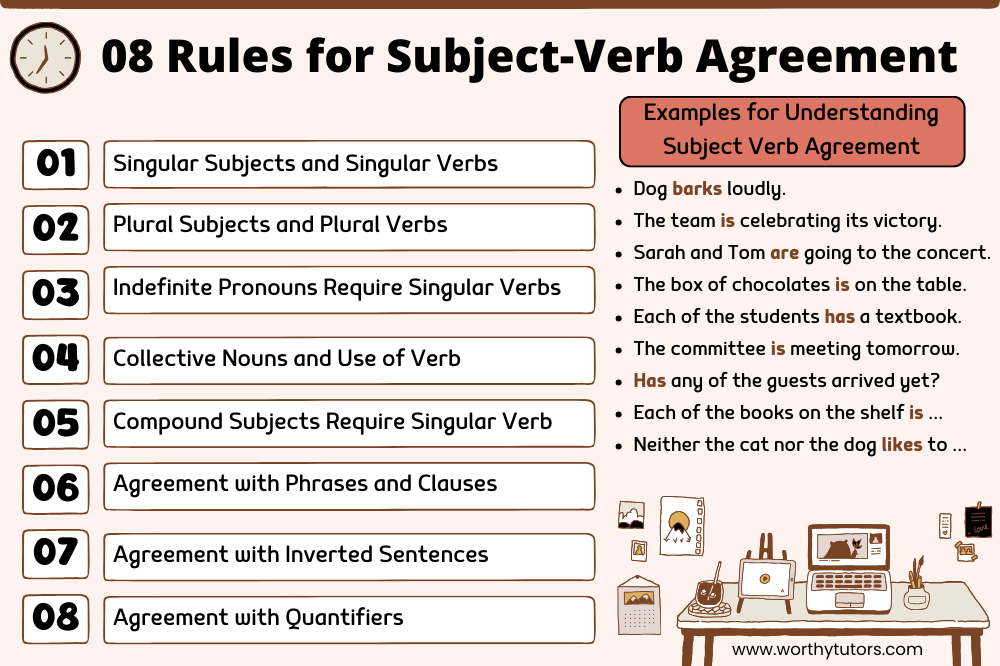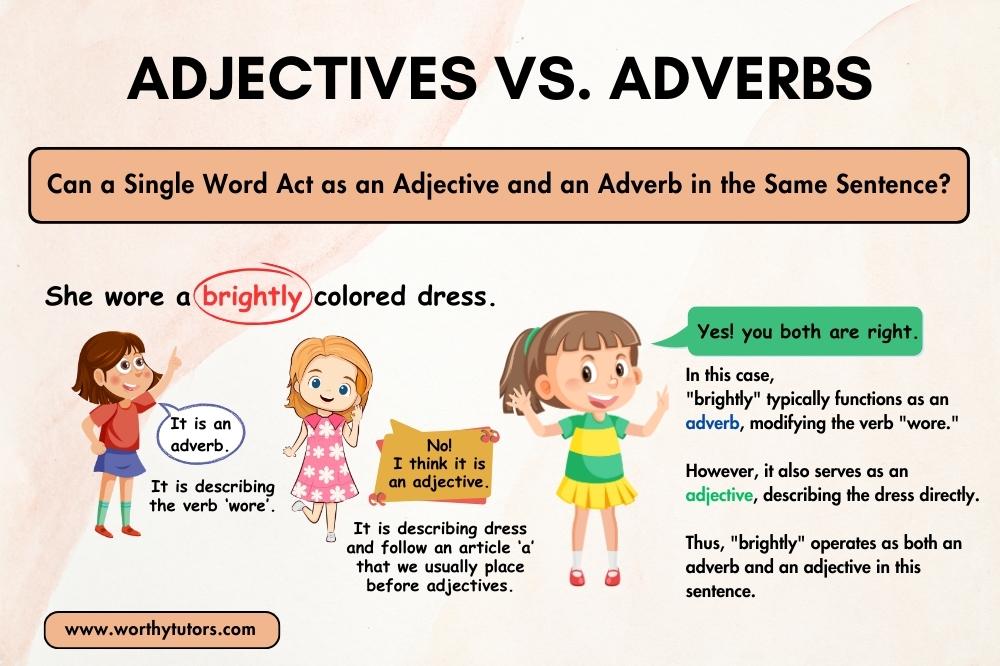
What are Modal Verbs? Types and Examples of Modal Verbs
Modal verbs are usually used in a sentence to show possibility, necessity, permission, and obligation. They are not used alone; the main verb is needed to use them. Modal auxiliaries help in clarifying a sentence’s meaning. We use modal auxiliaries for different purposes, that we will learn in this article.
Some common modal auxiliaries include:
- Can
- Could
- May
- Might
- Should
- Must
- Will
- Would
There are many other modal auxiliaries; some of the are outdated as well. For example, shall or ought to are not commonly used anymore. Got to, need to, or have to are some more auxiliary modals. Explanation of each modal auxiliary is given below:
Can: Can is the first form of verb. It is never used with another modal auxiliary. Can is placed after the subject and before another verb.
To ask or give permission, advice, or define abilities or possibilities we use modal verb “can”. Some examples of modal verb ‘can’ are:
- We can eat rice (possibility)
- He can play football really well (ability)
- Can we go shopping? (question)
May: If there is a possibility of something happening at present we use ‘may’ to express it. May express permission, possibility, or probability. May does not guarantee any event to occur. Examples of modal verb ‘may’ show its proper usage.
- I may go to school (possibility)
- May I sit here? (permission)
May can represent negative sentences as well by adding ‘not’ with it.
- They may not go out for a walk (negative possibility)
Might: Might is the second form of verb of May. Might expresses a less degree of possibility. It shows a low chance of an event happening or polite permission.
For Example:
- I might go to Europe for studying (low chance possibility)
- Might I see you student card please? (Polite permission)
We use might when we are showing the possibility of a sentence rather than asking for permission.
Must: When you are emphasizing your words you use ‘must’. It is usually for giving strong advice or giving certain orders. This modal auxiliary is suitable for making someone oblige to your sayings.
Must not have negative sense. It is when you are ordering someone not to do something or it will result in some bad consequences.
Examples of modal verb ‘must’ are:
- You must wear a jacket in cold weather (strong advice)
- You must take my permission before leaving home (order)
- We must not bully anyone (strict order)
Should: To show probability, to ask questions, or to show obligation we use should. It also expresses questions and recommendations.
- Should I delete your pictures (question)
- He should be at home by now (probability)
- You should try it once (suggestion)
Should not is the negative of should. It also shows questions, obligations, or recommendations.
- Should not you ask for help from your mother? (question)
- You should not be harsh on others (negative obligation)
Would: Past tense form of will is “would”. It expresses events that happened in past or events discussed in past about the future. It expresses desires, requests, questions, and opinions. Would can also show regrets and wishes.
- I would like pasta (desire)
- Would you go with me? (question)
- I would have changed for her (wish)
Will: The modal auxiliary ‘will’ indicate promises and volunteer actions. It can also make predictions of the future.
- I will make you regret your decision (promise)
- I will go with you for your help (volunteer action)
- It will rain tomorrow (prediction)
Could: To show past ability, possibility, suggestions, or requests we use could. It can also express questions. Could is commonly used with conditional sentences.
- Jonathan could bungee jump fearlessly (past ability)
- Could I go home early? (suggestion)
- We could go to watch the movie if the weather was not bad. (possibility)
How to Use Modal Verbs?
We should use the correct form of verbs with model auxiliaries. If we do not do that, the sense of these words may lose. Then it will become just a dangling and senseless sentence. The right way to use these verbs are:
- Modal verbs come before the main verb
- Most of the time infinitive form of verb is used with the modal verb
Most of these describe hypothetical or present situations. This is how to use modal auxiliary verbs in present sentences:
For Present Tenses:
With the present indefinite, it is quite simple. Add
[subject] + [modal verb] + [main verb]
For example
I can talk.
- Present Continuous uses -ing with the main verb. The structure of it can be
[modal verb] + be + [first form of verb with -ing]
Example:
I should be leaving for Canada
Present Perfect:
- We use ‘have’ with modal verb instead of having infinitive form of the main verb in present continuous tenses.
[modal verb] + have + [past participle]
Example:
- I might have stayed a little longer in my town
For Past Tenses:
Simple past tenses use will or can most often. Both of them use their past form i.e., could and would. We use the infinitive form of verb in these sentences.
For example:
- I could talk to parrots in childhood
- During vacations, I would face homesickness.
Past Continuous: In this type, we can still only use the past form of can and will. Its structure can be:
[modal verb] + be + [verb with -ing form]
- I would be eating food
- I could be reading my favorite book
For Future Tenses
Future tenses already use modal verbs. ‘Will” is a modal verb and most future tenses include it.
We can use other modal auxiliaries as well in the future tense. For that, you will have to remove ‘will’ and simply use infinitive form of main verb with the modal verb.
[Modal verb] + to + [main verb]
Examples:
- Will I see you next month?
- I can watch a movie tomorrow
- Should I go to study abroad?
Some uses of modal verbs are given below:
Uses of Modal Verbs
Permission: To ask permission or make requests, we use can /may /might /could. Examples of these are:
- Can I open this door?
- May I use your pencil?
- Could we go to party tomorrow?
- Might I suggest an idea?
Obligation: Modal auxiliaries are used to make someone oblige to your orders. Should / must / have to are common modal auxiliaries for showing obligation. Some examples of modal verb used in this are:
- You should go for a walk daily.
- You must not smoke.
- You have to take a day off in order to stay healthy.
Possibility: We use may, might, or could to show possibility in a sentence. For Example:
- They may stay in the hotel for the night.
- I might not go to her house.
- We could be late if we don’t go now.
- You can go there if he is not well.
Advice: Use of modal verbs can be giving advice to someone. These verbs are should /ought to /had better.
- You should come in front of the class and introduce yourself.
- You ought to perform better in exams.
- You had better follow my advice.
We can use modal verbs to show any of the above situation perfectly.
Conclusion:
Modal verbs are very easy to use. We have a variety of them that we can use in different sentences to have different meanings. Some are restricted to some specific tense, while others can be used anywhere with some rules. We have learned the types, uses, and examples of modal auxiliaries in detail.


